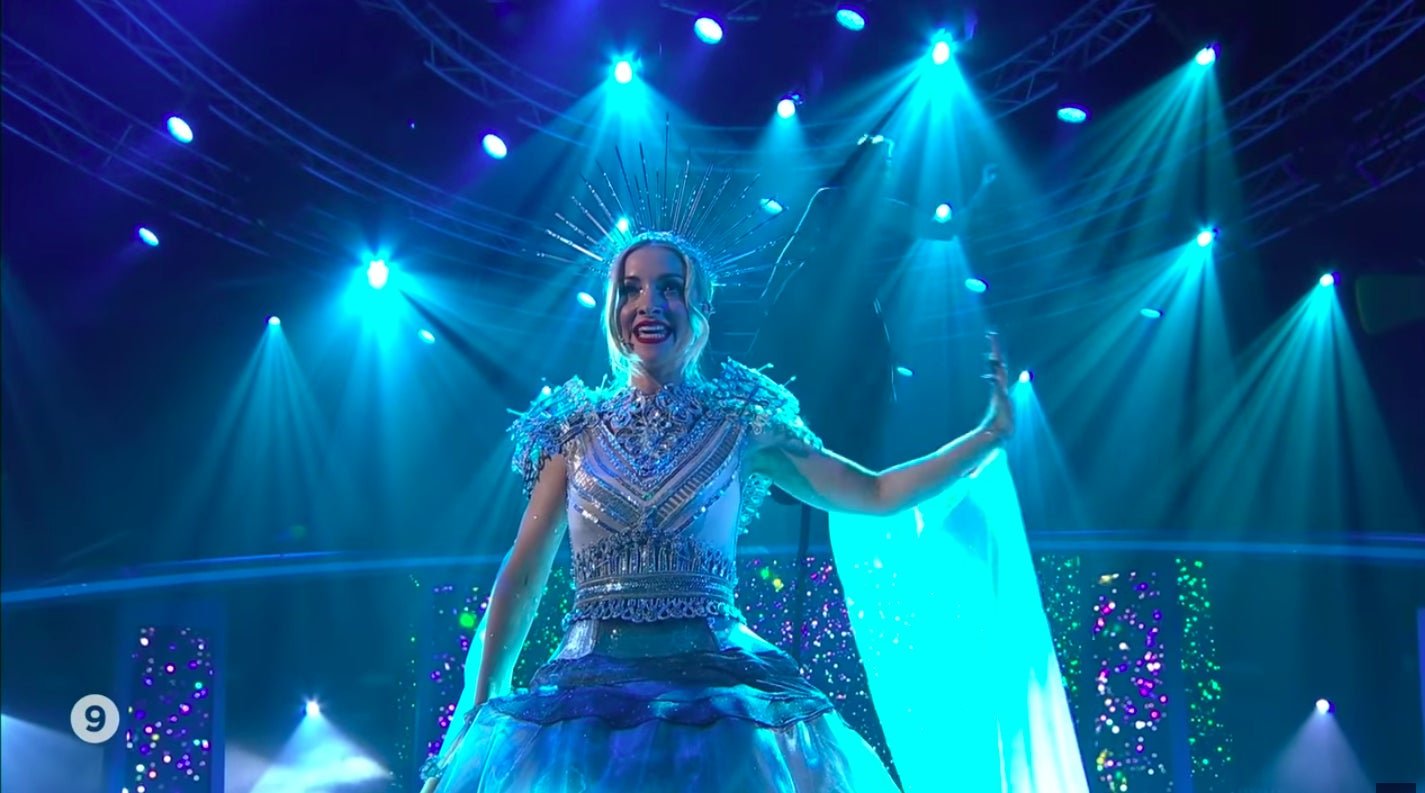A Mother’s Day gift: Australia sings about postpartum depression at Eurovision
The annual Eurovision Song Contest is much more than the display of Euro-trash that people may expect from it. For one, it is not limited to Europe, as countries such as Israel and Australia have become regular competitors. And in the past few years its stage has offered a platform for important messages and conversations, from LGBT rights, to geopolitically charged performances, to warnings against Islamophobia.


The annual Eurovision Song Contest is much more than the display of Euro-trash that people may expect from it. For one, it is not limited to Europe, as countries such as Israel and Australia have become regular competitors. And in the past few years its stage has offered a platform for important messages and conversations, from LGBT rights, to geopolitically charged performances, to warnings against Islamophobia.
This edition—whose finals and semi-finals will be held May 14 to 18—is no exception: This year’s competition is set in Tel Aviv, and has already drawn controversy as Eurovision is being accused of offering Israel a branding opportunity while deflecting from its abuse of Palestine.
But there is still space for breaking ground, and this time it’s Australia’s participant, Kate Miller-Heidke, who did it: On Mother’s Day weekend, she performed Zero Gravity, bringing postpartum depression into pop culture.
Miller-Heidke’s song is an experimental mix of pop-music and opera, and won the Australian contest that feeds into the international Eurovision. The evocative piece is about breaking through the deep depression she experienced for over a year after the birth of her son, Ernie, in 2016.
The song is the first she wrote after giving birth and losing her creativity for many months. “For 18 months, I lost my voice—literally and figuratively. I was incredibly tired. I didn’t feel like myself,” she told the BBC.
Miller-Heidke said it is her hope that her song makes mothers or pregnant women who are struggling with their mental health feel more understood and less alone. Which indeed, they are not: Mental health issues affect one in every seven pregnant women or new mothers, making them the most common pregnancy-related complication. In the US, where maternal mortality is much higher than other rich countries, suicides count for 20% of pregnancy-related deaths.
In developing countries, that number is even higher—20% women have mental health complications during pregnancy or after giving birth, a reality that is as common as it is underestimated, or misunderstood.
Even the common label of “postpartum depression” fails to account for the various issues mothers face, and when they do. First of all, depression does not only strike after birth: In fact, almost as many women suffer mental health issues during pregnancy as they do after giving birth. Further, anxiety is just as common and often strikes along with depression.
There is a range of gravity of symptoms, too, which in rare cases can include psychosis—a condition in which both suicide and infanticide are risks. Many women who face such mental health complications have not struggled with anxiety or depression previously; pregnancy can be the first time for a recurring or ongoing mental health problem to manifest itself, or just be a one-off.
Though in many countries, including the US, physicians and OB-GYNs are recommended to monitor the mental health of pregnant women and new mothers, what Miller-Heidke is doing is arguably more effective. Sharing the experience, letting other mothers know what they are going through is common, and fighting the stigma is the first line of defense.